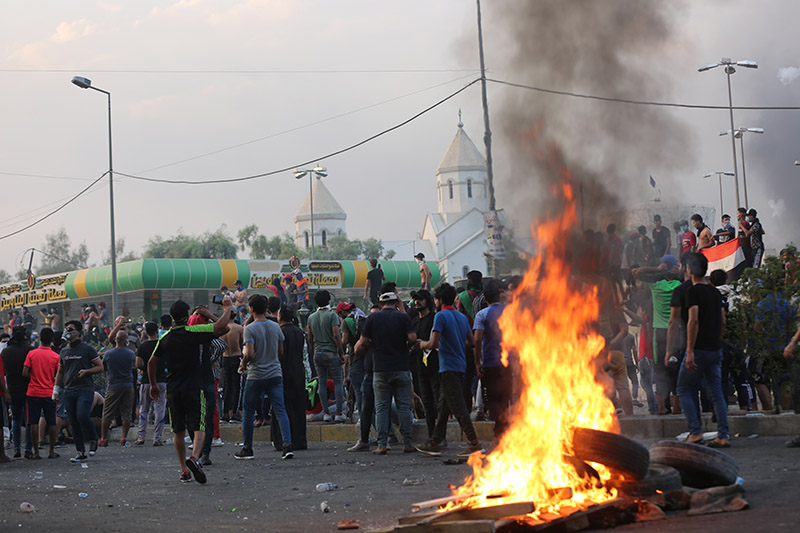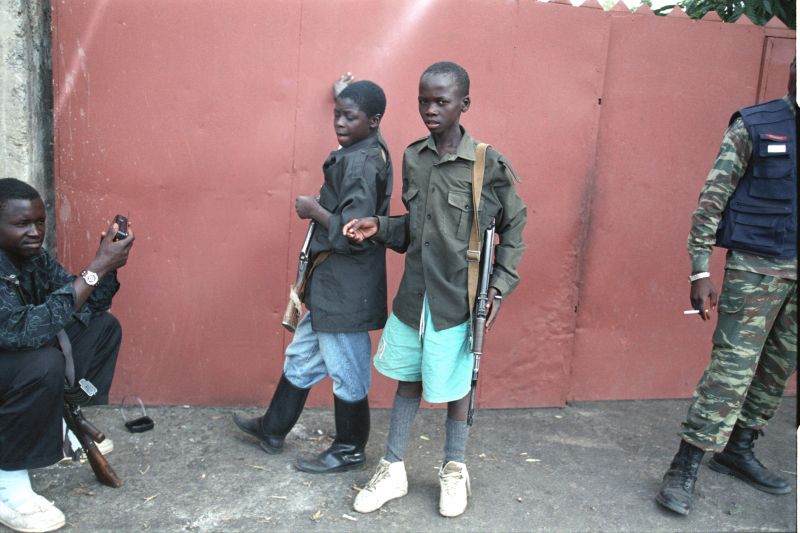New book
A difficult ally

Saudi Arabia was long considered an anchor of stability in the Middle East. According to Sons, this is no longer so. Saudi Arabia is involved in many regional conflicts in non-transparent ways, so distrust is growing. Western people find the Saudi lifestyle, which is marked by a very conservative reading of Islam, archaic and alien. The regime is a monarchy as well as theocracy, with the ideology of Sunni Wahhabism ruling daily life.
Below the surface, however, fundamental change has been underway for some years, writes Sons. The young generation makes up two thirds of the people. It wants to escape from the iron grid of traditional norms and is testing limits on social media like Facebook and WhatsApp. Criticising the royal house or the clergy, however, means to cross a red line and can result in severe punishments.
Since the Arab revolutions of 2011, the royal house of Saud feels threatened, both at the domestic and the international level. It lost its most important allies when Zine el-Abedine Ben Ali and Hosni Mubarak, the authoritarian rulers of Tunisia and Egypt respectively, were toppled. The Saudis resent the Muslim Brothers, but had to watch their rise. Both sides have similar Islamist ideologies, but the Muslim Brothers are not monarchists, but follow a republican agenda. Mubarak had suppressed them in a way that the Saudis appreciated, and they had rewarded him with investments and financial support.
When Mohamed Morsi of the Muslim Brothers was elected Egypt’s president in 2012, Saudi Arabia immediately discontinued its financial support. According to Sons, the military coup that overthrew Morsi in 2013 was “directly prepared by the royal house of Saud”. Many people consider Egypt’s new strongman, General Abdel Fattah al-Sisi, a Saudi puppet.
In Saudi eyes, Iran, its perpetual Shia antagonist, is to blame for the crisis that is affecting Syria, Iraq and Yemen. Sons argues that the Saudis are fighting Iran in proxy wars, and Saudi Arabia’s role in regard to the terror militia ISIS is ambiguous. When Syria’s civil war started, the Saudis supported the jihadists against Syria’s dictator Bashar al-Assad, who is allied to Iran. Sons sees ISIS as the main beneficiary of Saudi-Iranian rivalry, with the Islamist militia managing to fill any power vacuum opening up somewhere in the region.
According to the scholar, the power struggle in Yemen is particularly devastating. The Saudis are fighting the Huthis, who are allied to Iran, in brutal and devastating air strikes. As a result, Yemen’s people are suffering a humanitarian crisis.
How should western governments deal with Saudi Arabia? An entire chapter of Sons’ book focuses on this question. It offers some strategic advice. The author points out that the west’s complicated “marriage of convenience” with Saudi Arabia is based on economic interests. He is in favour of Germany adopting a new policy towards Saudi Arabia and demands a „coherent approach“. First of all, joint interests should be defined, such as stability in the Middle East or economic cooperation, he argues. On this basis, Germany should strengthen business ties to the country, but take a clear stand on controversial issues at the same time. For example, pressure on Saudi Arabia should be increased in regard to human rights. Arms shipments should be stopped. Finally, Sons writes that Germany should promote reforms of the political system and detente with Iran.
Sabine Balk
Reference
Sons, S., 2016: Auf Sand gebaut. Saudi-Arabien – ein problematischer Verbündeter (Built on sand: Saudia Arabia – a difficult ally, only available in German), Propyläen-Verlag Berlin.












